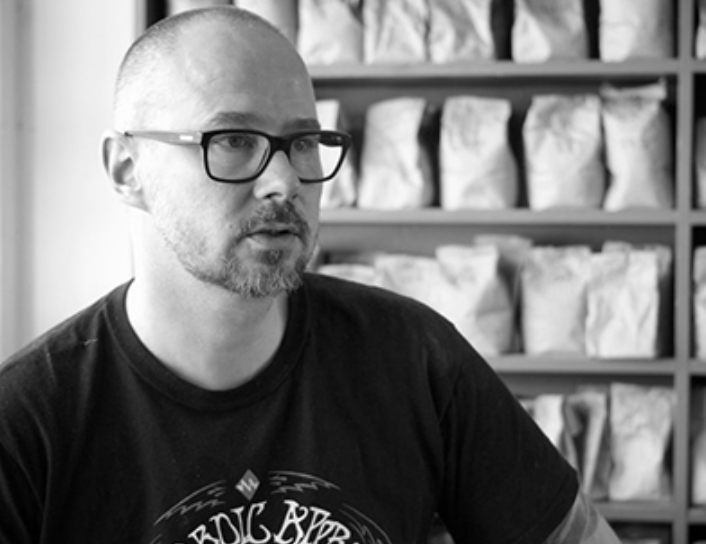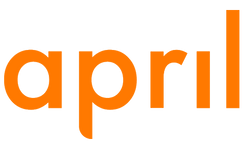
Get to know Morten Wennersgaard, Co-Founder of Nordic Approach
I was one of these confused young guys that didn't really know what I wanted to do, or if I wanted to study anything at all. Went to Stockholm to work with disabled people and music when I was 18. I had always been into food and I met some guys in Sweden that inspired me to study cooking. Went home to start a career as a chef. After 3-4 years in kitchens, I decided to study food science and took a bachelor. During those years I continued to work almost full time, most of it in an establishment doing «specialty coffee" as well as food, wines, and cocktails. This was back in 1996, in the very early days of Specialty in Europe. I did my final Bachelor Project on coffee and degassing after roasting in 2000. This made me do a lot of research on coffee and quality and was my introduction to coffee roasting and sourcing. After a few more years managing some restaurants I contacted Solberg & Hansen in Norway in 2003 as I had decided I wanted to get into coffee. I got a job as the product manager and immediately started to travel to origin to manage our own supplies. After almost 9 years at Solberg, I decided to start a specialty green coffee import company in 2011 only focusing on quality and transparency
What was the motivation behind starting Nordic Approach, and how did you go about doing it?
I would say it’s when you find or meet producers with great potential that is still unknown in the market. They might have everything they need to make great quality coffee, but not the incentives as they can’t invest before they have someone that's committed to buying what they produce. And very often they need some cooperation to know where to improve or what changes they should do to meet our standards for quality. I also like the potential of scale. It feels much better to increase the quality and value on a larger scale than just pay a great premium for a few bags. I also always like the idea of the premiums adding value on a community level than just make one lucky farmer rich.
How do you choose the Farmers and Producers you work with?
The coffee world is relatively small, and when you get to know the industry in a country and know what you're looking for its relatively easy to get connected. And often we get contacted as importers as we have a good reputation in the industry. But to choose your partners would really depend on the origin and the concept. In some places, like Africa, you don’t necessarily relate to all the smallholders, but more to the cooperatives or the private washing station owners. In Centrals, it can be producers with larger farms that manage the entire supply chain themselves. But no matter what, its a combination of the physical potential of the products, meaning growing conditions, varieties, processing etc and the mindset of our producers and exporting partners. There is actually shitloads of great coffees and potential around, but the bottleneck is often the mentality of the producers and their will to invest in a better product, traceability, and protocols and supply chain management from A-Z.
What do you think is the biggest misconception that Coffee Roasters around the world has about Coffee Farming and traveling to origin?
Ah, that's a tricky one as I don’t want to put anyone off:) But generally, I would say it’s way more complicated than what many roasters think. You can’t really visit a farmer once or twice, find a great product at the cupping table and/or tell him to change his way of processing and expect it to work. At least not expect it to score in the higher ’80s at the time of arrival. And it’s not really only about discovering a good coffee and producer either. A lot depends on the rest of the supply chain, like internal transport, storage conditions, the timing of harvest VS exports, the exporters access to a good dry mill etc. But what really pisses me off is when I meet farmers that have changed their prep according to a spec from a roaster or importer, invested their money or savings, and end up not selling the coffee as the roaster/importer defaulted on the coffee in the end. That seems to be more common now than before with everyone traveling around to curate their own product range. That said I really like those roasters get around in origin, as they also generally get a better perspective of how much work it takes to produce a great coffee.
How can we as Coffee Roasters actually make a real difference for the Farmers and Producers we work with?
Where do you like to see the future of the Green Coffee industry? What do you want to focus on making better?
There is a miss match between the price VS quality in the range of coffees we are buying and selling as specialty today. We are paying crazy premiums for some coffees, but on the other hand, we have a market that almost expects the bigger volumes of good 85-87 scoring coffees at commercial price levels. To survive, or be profitable, most roasters do their main volumes at prices that are unsustainable for a coffee producer longer term. We need the prices for the medium segment to increase as millions of coffee producers, many of them supplying the specialty industry, lives below the poverty line.

Comments
Leave a comment